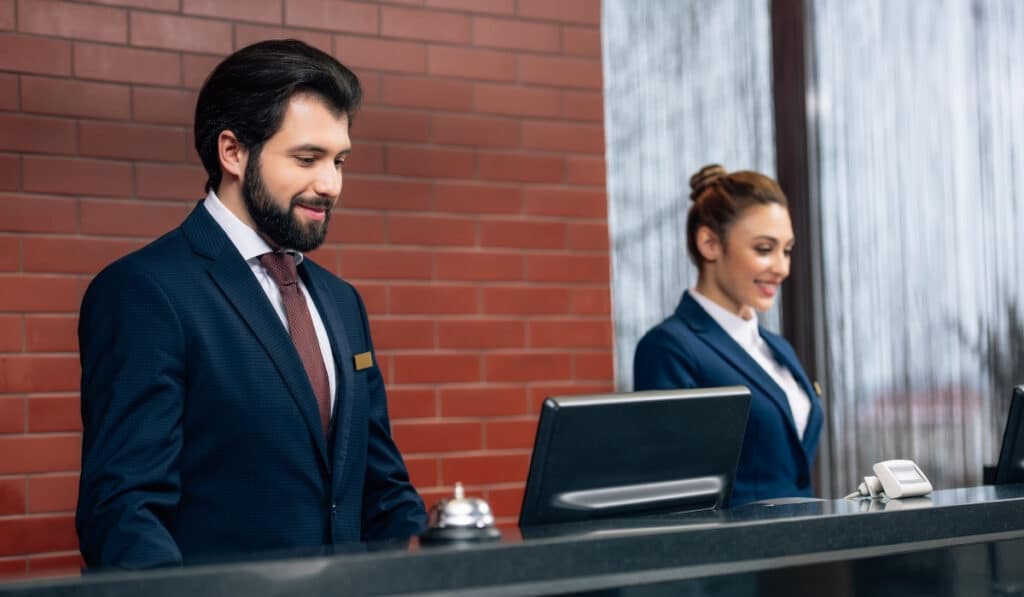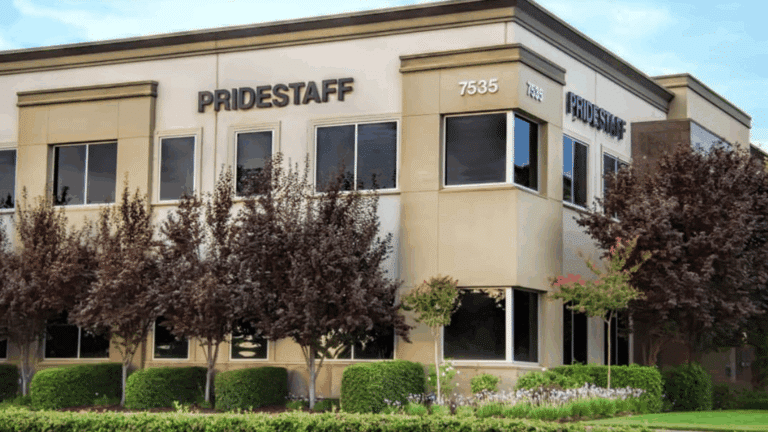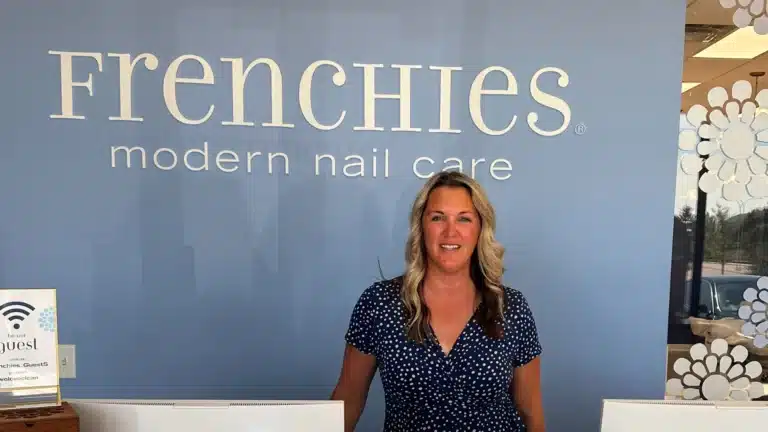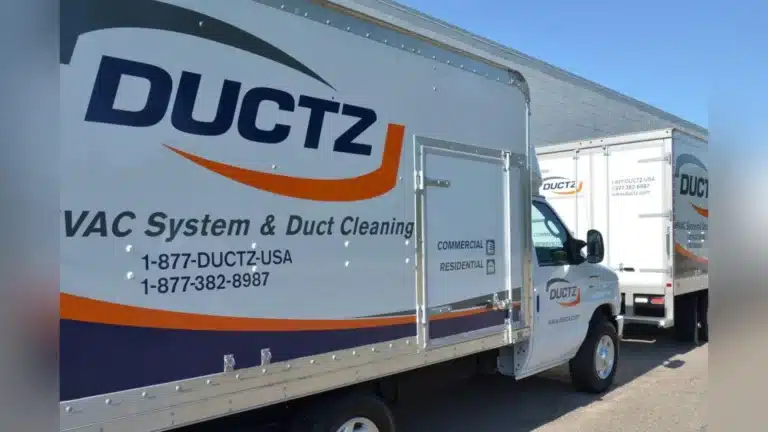How Much Does it Cost to Open a Boutique Hotel?

Are you looking to open your own boutique hotel? As part of your financial plan, make sure to consider all the startup and operating costs to open and run a boutique hotel. This will help you understand how much profits you can make with this business.
How much does it cost to open a boutique hotel? From construction (if you decide to build), furniture, equipment, licenses, etc. there are a number of cost you must factor in when you prepare your business plan.
We’ve identified that it costs $8,400,000 – $10,800,000 to build and open a small boutique hotel with 20 rooms, plus $73,000 – $91,000 in operating costs per month to run the hotel.
Want to know more? In this article we’ll go through all the different costs you will need to budget for before you can open your own boutique hotel. Read on!
Startup Costs to Open a Boutique Hotel
Hotels come in different shapes and sizes, no wonder that there isn’t a clear average cost for opening a hotel in the US. As an example, it costs on average $13,000,000 to $32,000,000 to open a 3-start hotel with 100 rooms.
This is the total cost to open a hotel, including land, building expenses, furniture, fixtures & equipment.
Of course, the cost of opening a hotel is determined by several factors such as: the size of the hotel, the location (rural vs. urban area), the amenities and standing (motels to luxury 5-star hotels).
Therefore, we’ve decided to give you below an example of the startup costs you could expect for a small (20 rooms) boutique hotel in an urban area in the US.
Note that these costs are for illustrative purposes and depend on several factors which might not fully apply to you. Let’s first start below with startup costs.
| Startup cost | Amount | % of total startup costs |
|---|---|---|
| Construction | $5,000,000 – $6,000,000 | 55% – 65% |
| Land | $1,000,000 – $2,000,000 | 10% – 20% |
| Soft costs | $1,200,000 | 12% |
| FF&E | $1,200,000 – $1,600,000 | 12% – 16% |
| Total startup costs | $8,400,000 – $10,800,000 | 100% |
Construction Costs
The main expense you’ll have to budget for in your business plan is the cost of construction itself. Here we include any construction-related expenses such as: basic materials (concrete, steel), finishing materials (drywall, flooring, etc.) and labor.
On average construction costs (also referred to as “hard costs”) represent 55% to 65% of total hotel startup costs.
As a reference point, boutique hotels construction costs $190 to $550 per sq. ft. on average.
So assuming you build a luxury boutique hotel with:
- 20 rooms at 350 sq. ft. each
- 50% of the space for rooms, and the rest for the restaurant, the staff area, reception, gym and other amenities
- $400 construction costs per sq. ft.
Your hotel total surface would then be around 14,000 sq. ft. which represents a total construction cost of $5,600,000.

Land costs
Before construction, you will have to buy the land as well as pay for any other work to prepare the land for development and construction.
On average, land costs represent 10% to 20% of total startup costs. So assuming you buy an empty land that doesn’t require any expensive tear down, you may spend around 10% to acquire and prepare the land for construction.
So in our example here, you’d be spending around $1,000,000 to buy the land.
Soft costs
Next, you must budget for soft costs. These are non-construction-related costs such as the architect and interior designer fees, engineering fees and other permits, taxes and other such costs.
On average soft costs represents 12% of the total hotel startup costs. So in our hotel boutique example, you’d be spending around $1,200,000 in such costs.

Furniture, Fixtures, and Equipment (FF&E)
Next on our list are Furniture, Fixtures, and Equipment. These are all the costs you must incur after construction of the building and rooms before your hotel is complete. So FF&E refers to everything from electricity, plumbing, HVAC, safety & compliance and, of course, furniture.
On average, FF&E represents 12-16% of the total construction cost for a hotel. Of which furniture represents approximately 30% of total FF&E expenses.
As a reference point, hotels spend on average $10,000 to $40,000 in furniture alone per room. Here are a few examples per room category:
- Midscale: $3,000 – $4,000
- Upper midscale to upscale: $5,000 – $7,000
- Upper upscale: $10,000 – $11,000
- Luxury room: $30,000 – $40,000
So, using our 20-rooms boutique hotel example again, we would be spending around $1,200,000 to $1,600,000 in FF&E.
This does make sense as it represents around $8,000 to $14,000 in furniture cost per room, comparable to an upper upscale room as shown in our example above. Note that we assume here 60% of all furniture costs are for the rooms, the remaining 40% for the other areas of the hotel.

Operating Costs to Run a Boutique Hotel
In addition to the startup costs discussed above, in your financial plan you must also budget for the different operating costs you will incur to run your boutique hotel.
Here again, the operating costs vary greatly based on factors like: where your hotel is located, the size of your hotel, the level of service and the amenities (restaurant, gym, spa, laundry, concierge, etc.).
That being said, there are a number of expense you can accurately budget for today. Here are the main operating costs (assuming there are no restaurant):
| Startup cost | Amount | % of total operating costs |
|---|---|---|
| Room supplies* | $3,000 – $5,000 | 4-6% |
| Salaries (room service, reception, operations) | $36,000 – $40,000 | 35-40% |
| Salaries (housekeeping, landscaping) | $10,000 | 12% |
| Salaries (management & admin) | $12,000 – $18,000 | 15-20% |
| Utilities | $7,000 – $9,000 | 8-10% |
| Sales & marketing | $3,000 – $6,000 | 4-8% |
| Other (payment fees, bookkeeping, etc.) | $2,000 – $3,000 | 2-3% |
| Total operating costs | $73,000 – $91,000 | 100% |
Room supplies
One of the first expense for any hotels are the costs to replenish the supplies in each room. This include things like the toiletries, cleaning supplies, mini bar, free items, etc.
On average, you should spend around 4% to 6% of your total hotel sales in room supplies.
Salaries (room service, reception, operations)
Assuming there are no restaurant and/or extra amenities like a day spa for example, the main expense for any hotel is salaries. Within salaries, the biggest chunk is the cost to pay for room service, reception and operations employees.
On average, these represent 40% to 45% of total monthly sales for a boutique hotel.
So assuming you have a boutique hotel with 20 rooms, at an average occupancy rate of 60% (weekday and weekends) the first year, with a daily rate of $250 on average (post any fees paid to online booking platforms), you can expect to generate a monthly turnover of $90,000.
Therefore, you should spend $36,000 to $40,000 in salaries for room service, reception and operations. Assuming an average gross annual salary of $35,000 (including taxes and benefits), this represents ~10-12 employees in total.
This makes sense given you operate a high-end boutique hotel with 20 rooms (also think you may have to operate 3x 8-hour shifts).

Salaries (housekeeping, landscaping)
Second on your list of salary expenses are the housekeepers (and potential landscaping and gardening employees or contractors).
On average, these represent 12% of total revenue for a boutique hotel.
Therefore, you should spend $10,000 in housekeeping. Assuming an average gross annual salary of $30,000 (including taxes and benefits), this represents 3-4 employees in total.
Salaries (management & admin)
Lastly, you should budget for all salaries related to management functions as well as support (finance and HR).
On average, these represent 15 to 20% of total revenue.
Therefore, you should spend around $12,000 to $18,000 in management and admin salaries. Given you are running a boutique hotel, this likely includes the owner’s salary as well.

Utilities
In addition to room supplies and salaries, hotels typically spend a lot of money on utility bills. This includes anything such as heating, AC, water, lighting and any other electricity bills in general.
On average, these represent 8 to 10% of total revenue, so $7,000 – $9,000 in our example above.
Sales & marketing
As part of the ongoing monthly expenses, you must budget for marketing expenses. The marketing costs can be especially high at the beginning, as you need to attract new guests before you can rely on organic growth channels such as recommendations and online reviews.
On average, you should expect to spend about 4-8% of your monthly revenue on marketing.





